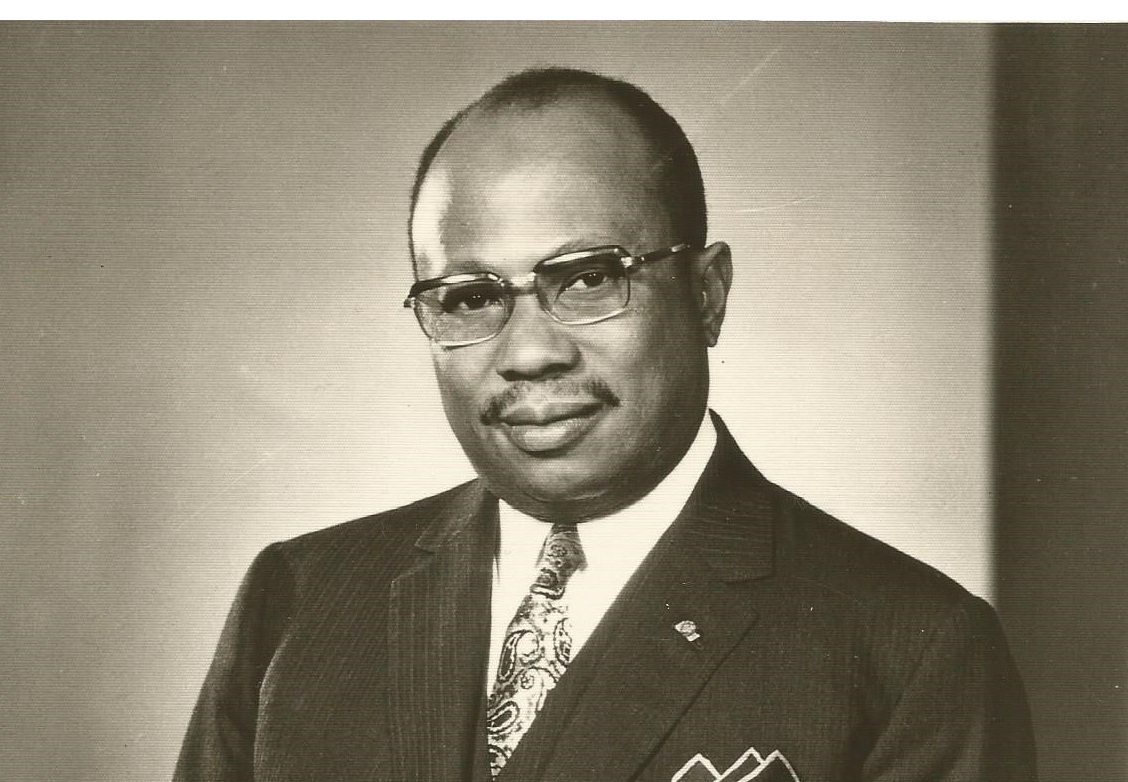Liberia is witnessing a poignant moment of reflection and reconciliation as it holds a symbolic reburial ceremony for former President William Tolbert and thirteen of his cabinet members, 45 years after they were brutally killed during a military coup.
This event of Tuesday, July 1, 2025, is more than a funeral; it represents a crucial step in Liberia’s ongoing journey to confront its violent past and foster national unity.
The Tragic History Behind the Reburial
On April 12, 1980, Liberia’s political landscape was violently transformed when 28-year-old Sergeant Samuel Doe led a coup that ended over a century of political dominance by the Americo-Liberians.
These were descendants of freed African American slaves who had settled in Liberia in the 19th century.
This coup marked the abrupt end of William Tolbert’s nine-year presidency, a period marked by increasing dissatisfaction over ethnic inequalities and political exclusion.
Following Tolbert’s assassination, a grim chapter unfolded.
Ten days after the coup, thirteen members of Tolbert’s cabinet were subjected to a sham trial and then publicly executed by firing squad on a beach near an army barracks in Monrovia, the capital.
The executions were carried out in a brutal and public manner, symbolizing a violent break from the past.
Yet, despite the notoriety of these events, the actual bodies of Tolbert and the thirteen cabinet members have never been found, believed to have been disposed of in an unmarked mass grave.
A Ceremony of Remembrance and Reconciliation
This week’s reburial ceremony, attended by Liberia’s current President Joseph Boakai and other dignitaries, is designed to honor these fallen leaders with the dignity they were denied in death.
It is a symbolic act of respect and an important moment for Liberia to come to terms with its turbulent history.
President Boakai emphasized the significance of the event, stating:
“This is not just a burial; it is a moment of national reflection, a time to reconcile with our history, to heal from our wounds, and to remember with respect and purpose.”
The ceremony also follows the recent reburial of Samuel Doe himself, who met a violent end in 1990 at the hands of rebels during Liberia’s civil wars.
Doe’s reburial, like Tolbert’s, was ordered by the president as part of a broader effort to promote healing and unity.
Voices of the Families: Healing and Closure
For the families of those executed in 1980, the ceremony carries deep emotional weight.
Yvette Chesson-Gibson, daughter of Justice Minister Joseph Chesson who was among those executed, shared with the BBC:
“It has been 45 years and the pain is still fresh. This is not just a ceremony, it is the beginning of a closure. Reconciliation is not an event.”
Similarly, Bindu Dennis, daughter of Foreign Minister Charles Cecil Dennis, described the killings as “one of the world’s most despicable and inhumane public acts of brutality, violence and cruelty born out of an ugly spirit of greed for political power.”
She stressed that honoring their memory is essential for true closure:
“As long as you understand that closure doesn’t mean forgetting, then we’re on the same page.”
The Unresolved Mystery and the Path Forward
Until now, the memory of the 14 executed officials has been preserved by a tombstone bearing their names, where former presidents have paid respects annually.
However, when the site was excavated earlier this year, no human remains were found, deepening the mystery of what happened to their bodies.
Jarso Maley Jallah, the Liberian minister overseeing the reburial program, acknowledged the painful past but urged unity:
“There are some things that have happened in our country that we’re not proud of, but yet we are Liberians, and we must come together to advance our nation.”
Each family is being presented with a Liberian flag in recognition of their loved ones’ public service.
Also, the ceremony includes a 21-gun salute, underscoring the state’s official recognition of their sacrifice.
Liberia’s Journey Toward Justice and Reconciliation
In 2006, Liberia established a Truth and Reconciliation Commission (TRC) to document the atrocities committed during decades of conflict.
The TRC’s 2009 report recommended prosecuting individuals responsible for war crimes, but no trials have taken place within Liberia.
Some perpetrators have faced justice abroad, while others remain unpunished.
Last year, President Boakai signed an executive order to establish a special court to address these unresolved issues, signaling a renewed commitment to justice and accountability.
Why This Matters for Africa
Liberia’s symbolic reburial is a powerful reminder for Africa and the global community about the importance of confronting painful histories to build a peaceful future.
For Africans aged 20 to 65, many of whom have lived through or inherited the legacies of conflict and political upheaval, Liberia’s efforts highlight the necessity of reconciliation, healing, and justice.
This ceremony is not just about honoring the past; it is about paving the way for national unity and sustainable peace.
It serves as an example of how nations can face their darkest moments with courage and compassion, fostering hope for generations to come.
Conclusion
Forty-five years after one of Liberia’s darkest chapters, the symbolic reburial of William Tolbert and his cabinet members is a significant step toward healing and reconciliation.
It offers a moment for Liberia to reflect, remember, and rebuild, transforming pain into purpose and division into unity.
For Africa, this is a story of resilience and the enduring quest for justice, reminding us all that true progress requires facing the past with honesty and grace.



